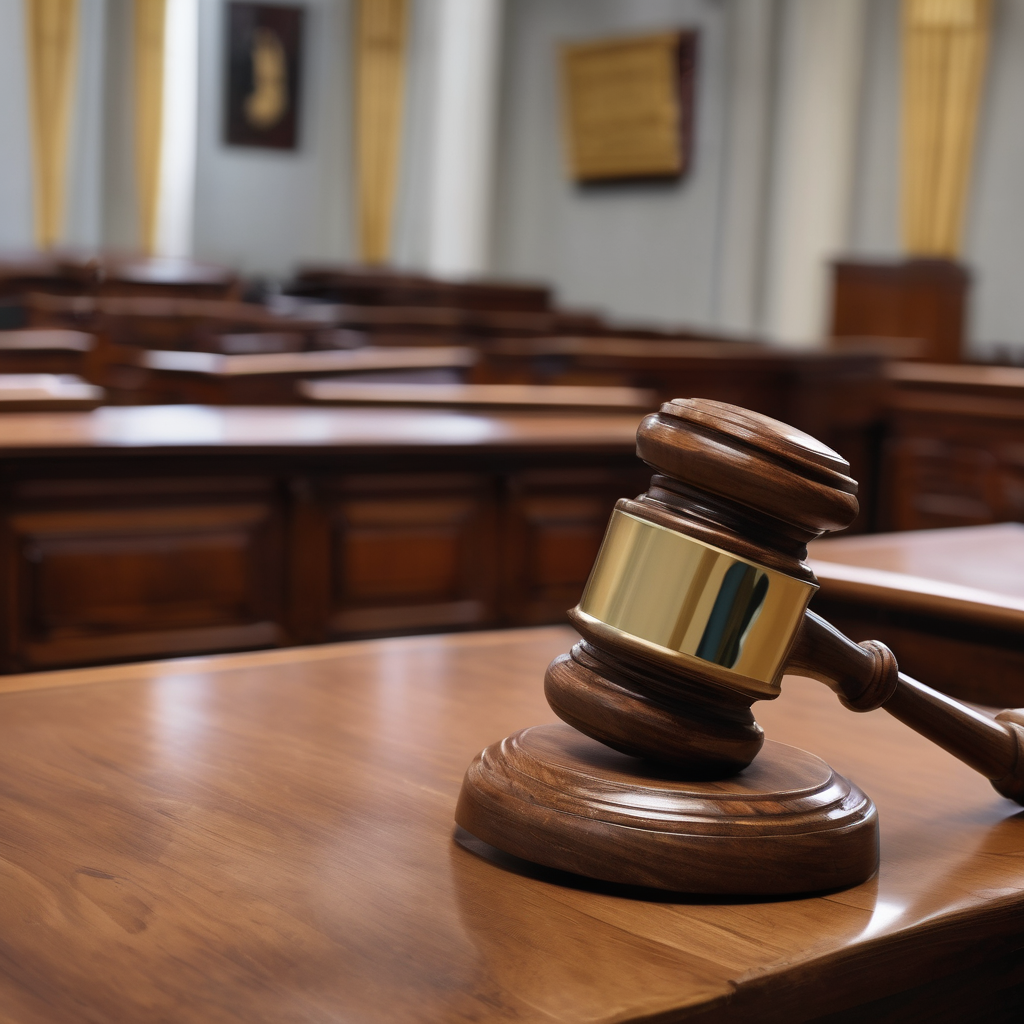The State prosecution has made a formal request to the High Court for a custodial sentence for former Prime Minister Voreqe Bainimarama, with the sentencing hearing scheduled for next Wednesday. Laisani Tabuakuro, the Deputy Director of Public Prosecutions, expressed her objections to the defense’s proposal for a suspended sentence coupled with unsupervised community service.
During her statements, Tabuakuro emphasized that all public officials must be held accountable for their actions. She argued that a significant sentence is necessary to serve as a deterrent for others in similar positions, highlighting the seriousness of Bainimarama’s alleged misconduct. Bainimarama faces charges under section 355 of the Crimes Act for making unwarranted demands with menace.
Tabuakuro noted that Bainimarama’s actions caused harm not only to the direct victim but also undermined trust within Fiji’s societal and democratic frameworks. She insisted that the public has a right to expect integrity and protection of democratic values from those in office, pointing out that the breach of trust in this case is a significant factor.
Emphasizing the severity of the allegations, she stated that Bainimarama had a heightened level of culpability since he was elected to honorably fulfill his duties. Tabuakuro framed the case as a vital lesson for future officeholders about the legal consequences of making demands that overstep ethical boundaries.
On the other hand, Bainimarama’s defense contended that the prosecution’s request for a custodial sentence should not sway the court’s impartial judgment, reiterating that only the judiciary should determine the appropriate punishment. Justice Thushara Rajasinghe is expected to announce the verdict next Wednesday.
This high-profile case has attracted significant public attention, shedding light on the broader issues of governance, accountability, and the ethical responsibilities of public officials in Fiji. It is anticipated that the proceedings may spark important conversations regarding the need for increased transparency and responsibility within public service, potentially paving the way for vital reforms in governance standards. As the legal process continues, there remains hope that it will encourage stronger ethical commitments among those in positions of power, thereby reinforcing public trust in the government and judicial system.
